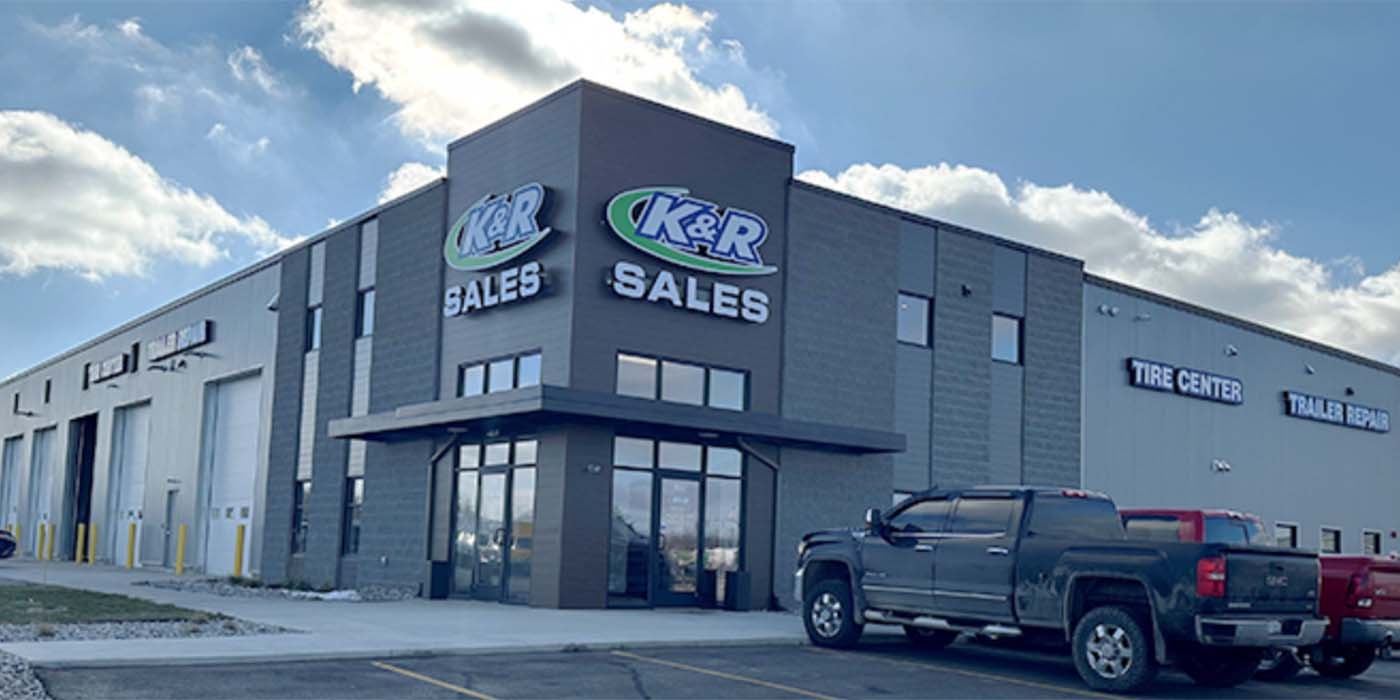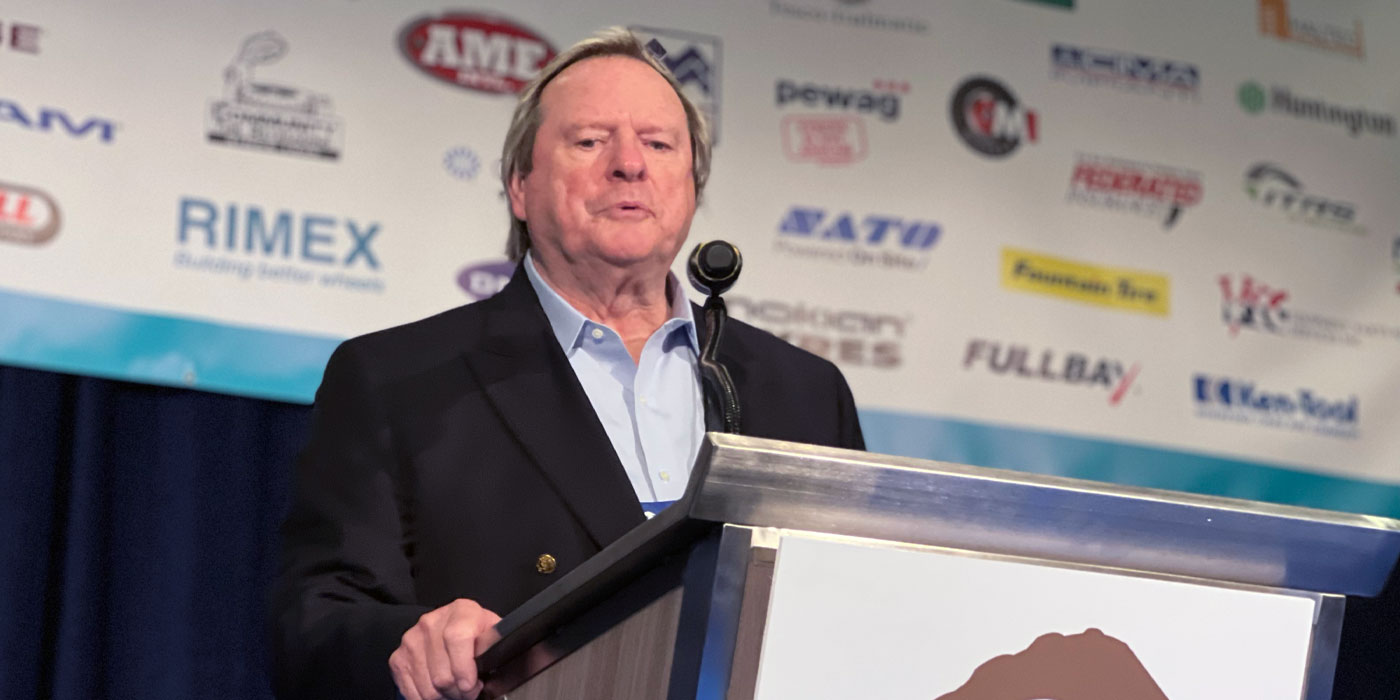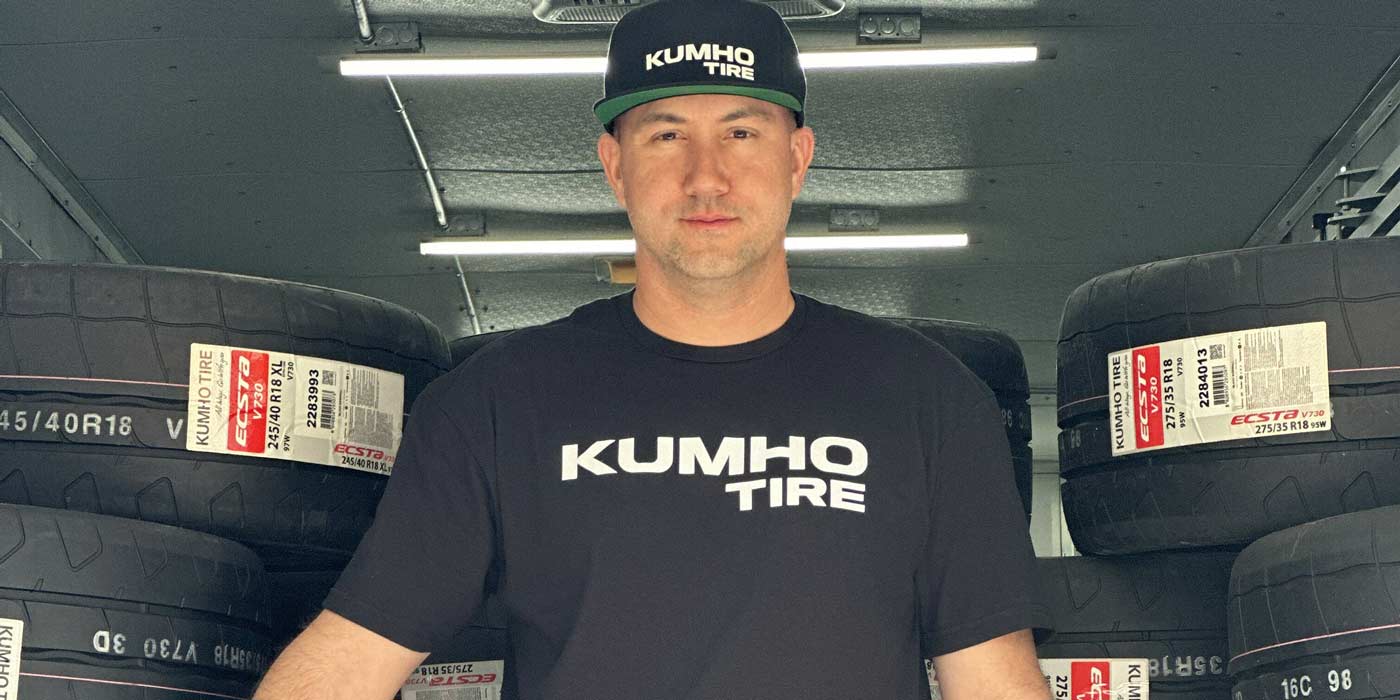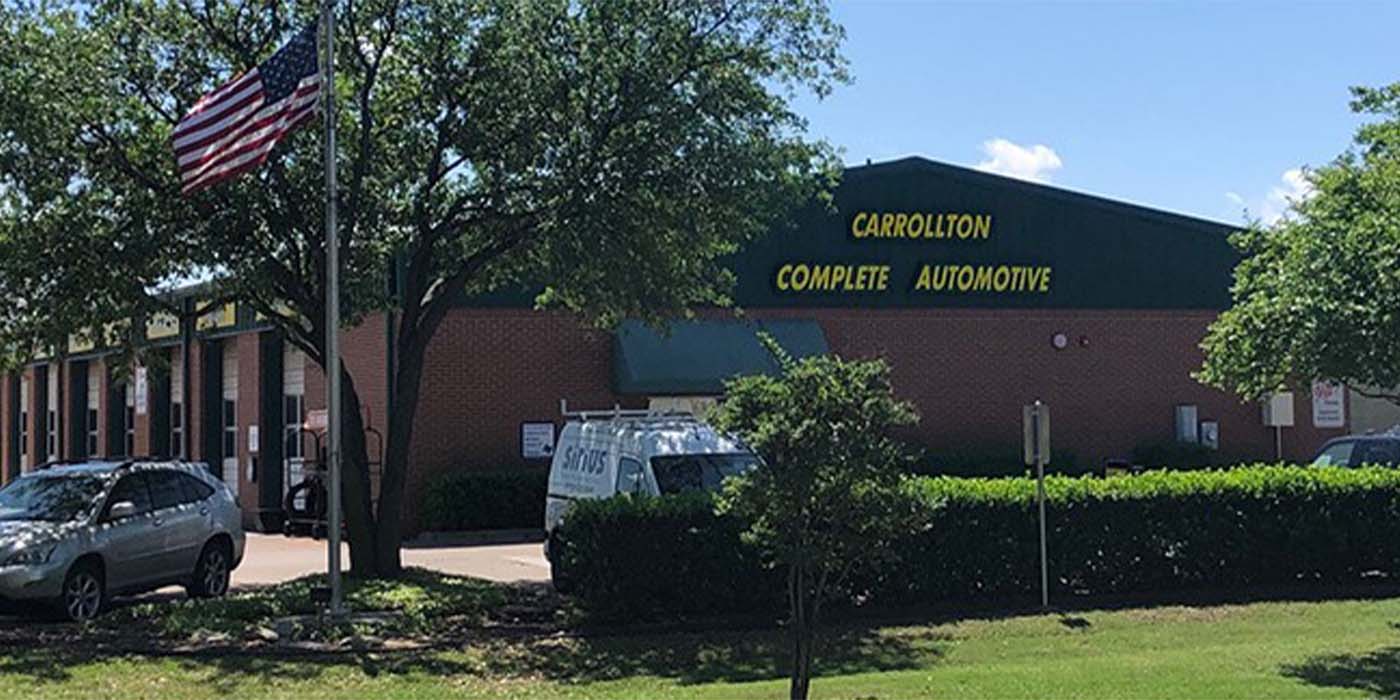Even if your conscience is clear, your heart will probably start racing if government agents walk into your business. Some of the most panicked client calls I’ve ever received start with, “there is an investigator in the lobby right now and she says she wants to interview our employees and look at all our records. What should I do?”
I hope that a government agent never asks you for a site inspection, witness interviews or to review your records – or all three! But if it happens to you, what should you do?
Who Can Investigate Your Business?
First, let’s talk about the usual suspects for investigations in the employment law realm. The federal government has many administrative agencies, and each agency has its own sphere and its own quirks. For example, the U.S. Department of Labor (DOL) investigates things like child labor, minimum wage and overtime violations, misclassified independent contractors or recordkeeping violations. DOL investigators frequently schedule their visits and request records in advance – perhaps because watching you dig through piles of payroll records looking for overtime hours is akin to watching paint dry. The Occupational Health and Safety Administration (OSHA) is a sub-agency of the DOL whose stated mission is to assure safe and healthful working conditions. They often show up in response to complaints from disgruntled or former employees, and they typically want to review the required records and logs related to onsite fatalities or injuries.
The U.S. Equal Employment Opportunity Commission (EEOC) handles the enforcement of federal laws that make it illegal to discriminate against a job applicant or an employee because of the person’s race, religion, national origin or other protected characteristic. Thus, a typical EEOC request would be for an onsite inspection or witness interviews in conjunction with its investigation of a discrimination charge, which would not be a surprise. The Office of Federal Contract Compliance Programs (OFCCP) might scrutinize you if you’re a federal contractor. The U.S. Immigration and Customs Enforcement (ICE) might show up if it wants to audit your I-9 records or conduct a raid, like what happened to nearly 100 7-Eleven stores across the country earlier this year.
Further, investigations aren’t limited to federal entities. Many states have their own departments of labor and human rights departments that could also make similar demands. Additionally, it’s not unusual for several governmental agencies to work together or share information gained during an investigation.
I could go on, but you see my point. The government is a veritable alphabet soup of agencies that can dig into the particulars of your business. Some agencies will provide you with plenty of written notice when they’re conducting an investigation; others may show up on-site without any notice at all. While not common, because unplanned inspections are so disconcerting, let’s discuss how to handle those visits in more depth.
The Basics of Onsite Inspections
Different agencies will investigate different aspects of your business. Although there are some procedural differences in the logistics and operation of an investigation depending on what agency is involved and under what authority they are acting, here are some basic principles for surprise site visits.
The first thing you should do is ask the investigator for identification to confirm who they are and what agency they represent. Get the agent’s contact information, preferably via a business card, so that you can easily provide it to your lawyer. Ask if they have a warrant or a subpoena and, if so, ask to see it. Generally speaking, if the agent does not have a warrant, you can and should immediately ask them to reschedule the visit for a time when your lawyer can be there and when you’ve had a chance to prepare. Similarly, if they have a subpoena, the subpoena generally provides a certain period of time for you to respond. However, if an agency has a warrant, then they have the right to perform a search immediately. If you have ever watched a crime drama on TV, you know that you can ask to see the warrant. You should make sure that the warrant is directed to you, that the information in it is correct, that it is signed by a judge and that it has not expired.
Call your lawyer before you answer any questions or hand out any documents. An onsite investigation is not something you should try to handle alone. While an investigator is onsite, ensure that they are escorted. You do not want to have an agent wandering through your facility at will, picking up papers and chatting with your employees. Nothing is “off the record.” As with that TV crime drama, anything you say or give to a governmental agency can and will be used as evidence against you.
Beyond the Onsite Inspection
Whether they are on- or offsite, handling governmental investigations is a delicate balancing act. Being responsive and cooperative in an investigation isn’t the same as rolling over. I recommend cooperating fully with authorized governmental investigations. However, when the investigator asks for information about Employee Alice, please don’t volunteer to also provide information about all the other employees who hold the same position unless your lawyer agrees that is a good idea. In fact, to the greatest extent possible, communications from the business to the agency should be funneled through your lawyer, who will be invaluable in organizing the investigation and translating the facts into a strategy.
Keep in mind that investigations are often negotiable and investigators aren’t perfect. If the OSHA asks for three years of records regarding employees from every location you operate, you might be able to explain why they actually need only one year of records from one specific location. The EEOC could ask for your entire handbook when few, if any, policies are relevant. If the DOL calculates back wages owed at the end of the investigation, double check the math.
In most circumstances, you will need to conduct your own internal investigation while the government conducts its own investigation. If there’s a problem, it’s best to figure it out and assess the risk before the government tells you about it.
Do not destroy information or documents that are related to an investigation. Don’t do it. You do not want to compound the problem and face further investigation or even potential criminal liability for destroying evidence.
Finally, keep in mind that a good offense is the best defense. Before an investigator knocks on your door, establish policies and protocols about how a request for investigation should be handled, who should be notified, under what circumstances records can be released, and your expectations for employee cooperation and document preservation. It is easier to have a plan in place than to scramble to figure it out while an agent stands in your lobby. Further, it is never a bad idea to regularly perform self-audits, particularly in the commonly misunderstood areas of employee classification and record keeping. Self-audits can help prevent unpleasant surprises if and when a governmental agency looks into your operation.
Conclusion
Whether the government shows up at your door unexpectedly or sends you a letter, following these tips will help you to effectively respond to an agency investigation.
——
This column is made available by the lawyer and publisher for educational purposes only, to give you general information and a general understanding of the law, not to provide specific legal advice or to establish an attorney-client relationship. This column should not be used as a substitute for competent legal advice from a licensed professional attorney in your state.
Susan Bassford Wilson is a partner with the nationwide employment law firm of Constangy, Brooks, Smith & Prophete, LLP. She can be reached at [email protected] or on Twitter at @bassfordwilson.














